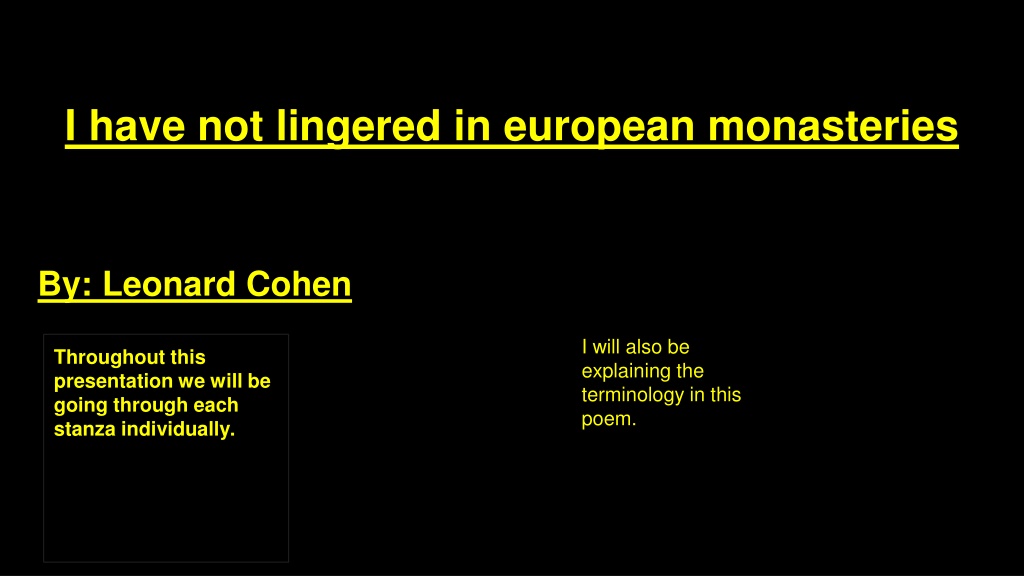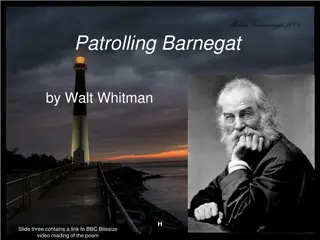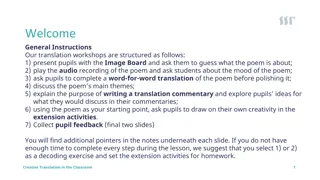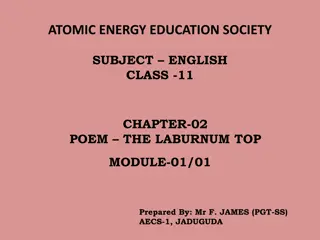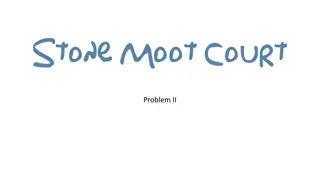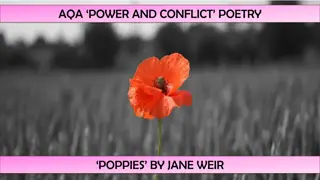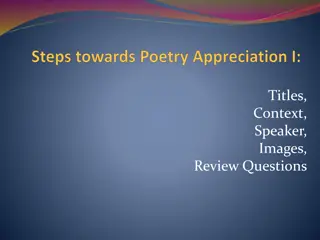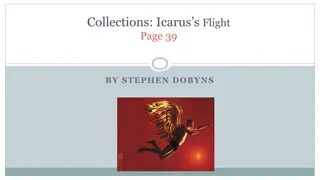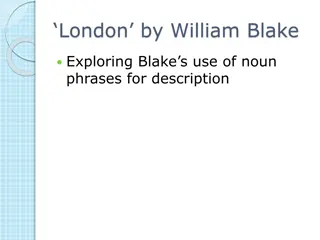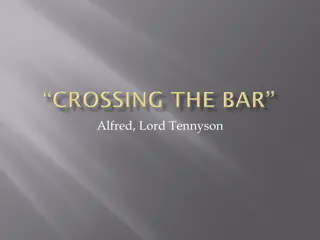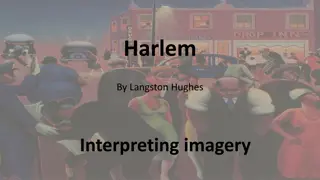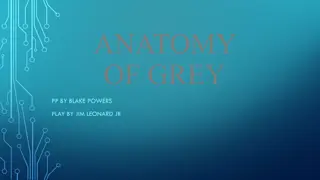Exploring "I Have Not Lingered in European Monasteries" Poem by Leonard Cohen
Analysis of Leonard Cohen's poem "I Have Not Lingered in European Monasteries" exploring themes of avoidance of harm, contemplation, and contentment. Each stanza is dissected with explanations of the terminology used, showcasing the poet's reflections and emotions.
Download Presentation

Please find below an Image/Link to download the presentation.
The content on the website is provided AS IS for your information and personal use only. It may not be sold, licensed, or shared on other websites without obtaining consent from the author. Download presentation by click this link. If you encounter any issues during the download, it is possible that the publisher has removed the file from their server.
E N D
Presentation Transcript
I have not lingered in european monasteries By: Leonard Cohen I will also be explaining the terminology in this poem. Throughout this presentation we will be going through each stanza individually.
- Here the writer is trying to say that he would not want to harm anyone, or he is saying that he wants these people to rest and not be harmed. I have not lingered in European monasteries and discovered among the tall grasses tombs of knights who fell as beautifully as their ballads tell; I have not parted the grasses or purposefully left them thatched.
2nd stanza I have not released my mind to wander and wait in those great distances between the snowy mountains and the fishermen, like a moon, or a shell beneath the moving water. - I have released my mind to wander and wait is an example of personification, because minds can not wander.
3rd stanza I have not held my breath so that I might hear the breathing of God, or tamed my heartbeat with an exercise, or starved for visions. Although I have watched him often I have not become the heron, leaving my body on the shore, and I have not become the luminous trout, leaving my body in the air. - In this stanza he says the word luminous which if you didn't know what it means it means bright and or light shreddings, so what he is doing here is really try and emphasize that word and focus on the light.
4th stanza I have not worshipped wounds and relics, or combs of iron, or bodies wrapped and burnt in scrolls. -I think that the words like worshipped and relics really point out that this is a serious poem and they really want the reader to believe what he/she is saying.
5th stanza I have not been unhappy for ten thousand years. During the day I laugh and during the night I sleep. My favourite cooks prepare my meals, my body cleans and repairs itself, and all my work goes well. - In this stanza he is really trying to point out the happiness of what comes through the bad, he is also using some rhythm to keep it flowing nicely so it's not choppy and sad.
